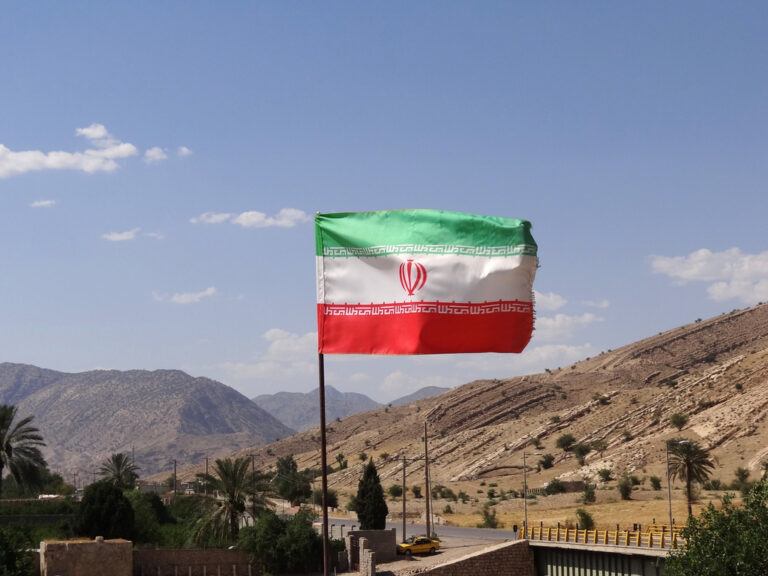Iran’s central bank has been outspoken against decentralized cryptocurrencies since February when they rejected Bitcoin in favour of their own centralized, regulated cryptocurrency.
The bank denied reports that it would be addopting Bitcoin after being cut off from the SWIFT system recently, saying:
The wild fluctuations of the digital currencies along with competitive business activities underway via network marketing and pyramid scheme have made the market of these currencies highly unreliable and risky.
Today the Central Bank of Iran has taken things a step further by banning all domestic banks and credit institutions from any dealings in cryptocurrency whatsoever, stating that all cryptocurrencies had the capacity to be used for money laundering and terrorism.
“Banks and credit institutions and currency exchanges should avoid any sale or purchase of these currencies or taking any action to promote them.”
Iran’s national fiat currency is in crisis after the US began sanctioning Iran and presssuring other countries to comply, limiting trade and causing the rial to plummet in value, hitting an all-time low earlier this month. The sanctions may well be renewed in mid May, which will cause even further financial instabiliy in the country.
The financial crisis may be one of the factors in the decision to ban financial institutions from working with crypto outright, although critics of the decision point out that currencies like Bitcoin could be used to alleviate the situation as well.
Services like PayPal and Mastercard are banned in Iran, making cryptocurrency an appealing option, but the recent bank ban will make it more difficult for digital currencies to achieve the same level of adoption being seen in other countries at the moment.
However, the proposed government-backed cryptocurrency may yet provide a solution, with people looking to the Venezuelan Petro token as a measure taken under similar circmstances of sanctions and trade pressures.








